DUTCH STUDENTS ONLY? WTF?
Medical student Ferayed Hok got a bit of a shock when he opened a university e-mail calling on students to apply for the Eurekaweek board. The message header? ‘DUTCH STUDENTS ONLY’, in all caps. And while the Eurekaweek board has since issued a public apology, Hok believes the university should do everything it can to prevent a phrase like this from popping up in any of its communications ever again.

Image by: Eurekaweek 2020
Looking for a room in Rotterdam, you’ll undoubtedly run into adverts that clearly aren’t intended for international students. You can’t miss them, basically: the text is headed off by a big all caps announcement: NO INTERNATIONALS. Or: DUTCH STUDENTS ONLY.
Well, you can get mad about it – as many international students have been doing for years. I prefer to look at it this way: some Dutch students prefer to spend their student years in the company of fellow Dutchies, who understand that nothing beats an uncooked knakworstje on a slice of white bread, flushed down with a bottle of Hertog Jan.
They don’t feel like having some Italian fellow explain to them that spaghetti Bolognese isn’t from Bologna, listening to a Surinamer who objects to Surinamese banana ketchup or have a Brazilian disturbing their boreal bliss with unnerving samba rhythms. And I suspect that as an international student, you probably wouldn’t feel very at ease in a household like that. So maybe the heads-up isn’t too bad after all. When you’re looking for a room, it helps to get used to DUTCH STUDENTS ONLY.
Specific problems
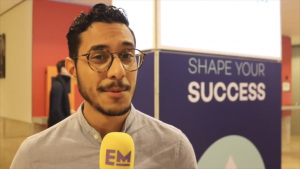
Still, you wouldn’t expect to encounter this exclusion based on nationality in an e-mail from your own university. Did you ever get an e-mail where the first thing you thought was: what the fuck? In this case, the contents dealt with the Eurekaweek, an important period of the year for all students. But particularly for students from abroad, since they tend to run into very specific problems. It’s harder for them to find a room, for example, due to the homogenising preferences of some fellow students. And international students have to get used to all sorts of other customs and complications: cultural differences, language barriers, the public transport system, the local approach to banking, insurances and taxes, the legal aspects of working as an international student, registering with the municipality, etc.
More importantly, many international students are thousands of miles away from their familiar surroundings. As a result, they frequently have to deal with loneliness and other psychological pressures. And Dutch students in turn are often unaware that their international peers are affected by such problems.
Anyway… the university generally seems pleased with internationalisation, which is why you’d expect it to do everything it can to facilitate its international students – by actively involving those students in Eurekaweek who know first-hand what it’s like to move to Rotterdam and get to know people and the city as an international student, for example.
‘The university generally seems pleased with internationalisation, which is why you’d expect it to do everything it can to facilitate its international students’
Exclusion based on nationality or language
Back to that e-mail, sent out to the entire student body. It starts as follows: “Looking for: Board members for Eurekaweek 2021.” Followed once again by that ugly phrase **DUTCH STUDENTS ONLY**.
Reading the vacancy, it becomes clear that you need to speak Dutch to be eligible for a position on the Eurekaweek board. Basically, the restriction doesn’t relate to nationality but to language proficiency. Students who don’t speak Dutch need not apply. To start: do we really need to have DUTCH STUDENTS ONLY in all caps for that? That means something else entirely. A team with a better sense of international students’ circumstances, problems and concerns wouldn’t make that kind of goof.
Besides: why wouldn’t you allow students who don’t speak Dutch to become involved in organising an orientation week that’s also intended for international students? If the university is working on English or bilingual versions for its lectures, services, signage, website and speeches, why does one of the few organisations that clearly cater to all students need to be kept Dutch-language only? Of course, I understand that for practical reasons, part of the team will need to have a good command of the Dutch language. But excluding fellow students beforehand – in ALL CAPS to boot – from the Eurekaweek board based on their nationality or language ensures that the orientation week will never be a truly shared experience for everyone. In fact: if the university is really serious about inclusion, it should actively involve international students in the organisation of what may well be the most important week on the academic calendar.
‘If the university is really serious about inclusion, it should actively involve international students in the organisation of what may well be the most important week on the academic calendar’
What is not being noticed
The board of Eurekaweek only admitted to a mistake after being questioned by the editors of Erasmus Magazine. In a post on Facebook, they put it down to a “poor choice of words”. The board apologised via social media, emphasised that students who weren’t Dutch nationals or who didn’t speak Dutch were welcome to apply after all, and extended the deadline by three days. And while I appreciate the gesture and hope that everyone involved in this procedure has learned something from this kerfuffle, I don’t think many international students suddenly developed a desire over to weekend to join a board where previously they clearly weren’t welcome.
During the Opening of the Academic Year, rector magnificus Rutger Engels said: “Exploring what is not being noticed and using evidence to make the unnoticed visible. This is how we help find solutions and stimulate the debate. That’s how we make minds matter.” Well, Professor Engels, one thing that is often unnoticed is the difficult situation faced by international students. I know you see it. So I hope it can be brought to light by getting international students to join the Eurekaweek board – students who understand such issues. And please never again include the phrase ‘DUTCH STUDENTS ONLY’ in e-mails sent out by your university. EUR has over 6,000 international students who don’t have a Dutch passport, and most of them don’t speak Dutch. Leaving aside the occasional practical complications, I’m sure that in this case we can find a solution. And even if we can’t, you really don’t have to exclude us in advance. And particularly not with caps lock on.
Read more
-
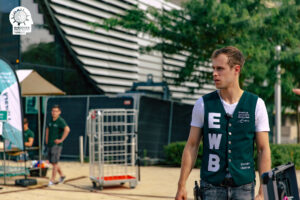
Eurekaweek takes flak for ‘Dutch Students Only’ – extends board application term
Gepubliceerd op:-
Campus
-
De redactie
Latest news
-

University calls on people to remind smokers, security guards don’t send smokers off campus
Gepubliceerd op:-
Campus
-
-

What do the new European housing plans mean for students?
Gepubliceerd op:-
Campus
-
-

Makeover for Erasmus Magazine: new and more accessible website is live
Gepubliceerd op:-
Campus
-
Comments
3 reacties
-
Hannah op 8 October 2020 om 21:22
Thanks for this article! I was also shocked by the e-mail when I received it. We have so many international students participating in the Eurekaweek each year…why not let one of these international student help organising this memorable week.
Comments are closed.
Read more in opinion
-

If the rector can spout AI nonsense, then so can everyone else
Gepubliceerd op:-
Column
-
-
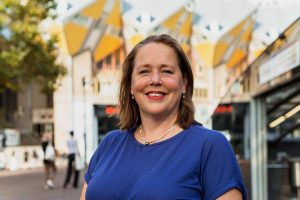
At the end of the year, Erasmus Magazine wishes everyone an empty head, warm hands and a full heart
Gepubliceerd op:-
Editorial
-
-

The gloomy Christmas of Erasmus
Gepubliceerd op:-
Column
-
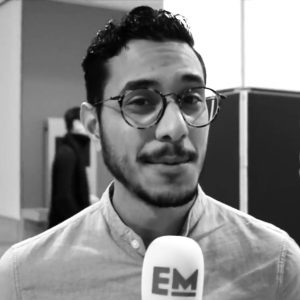

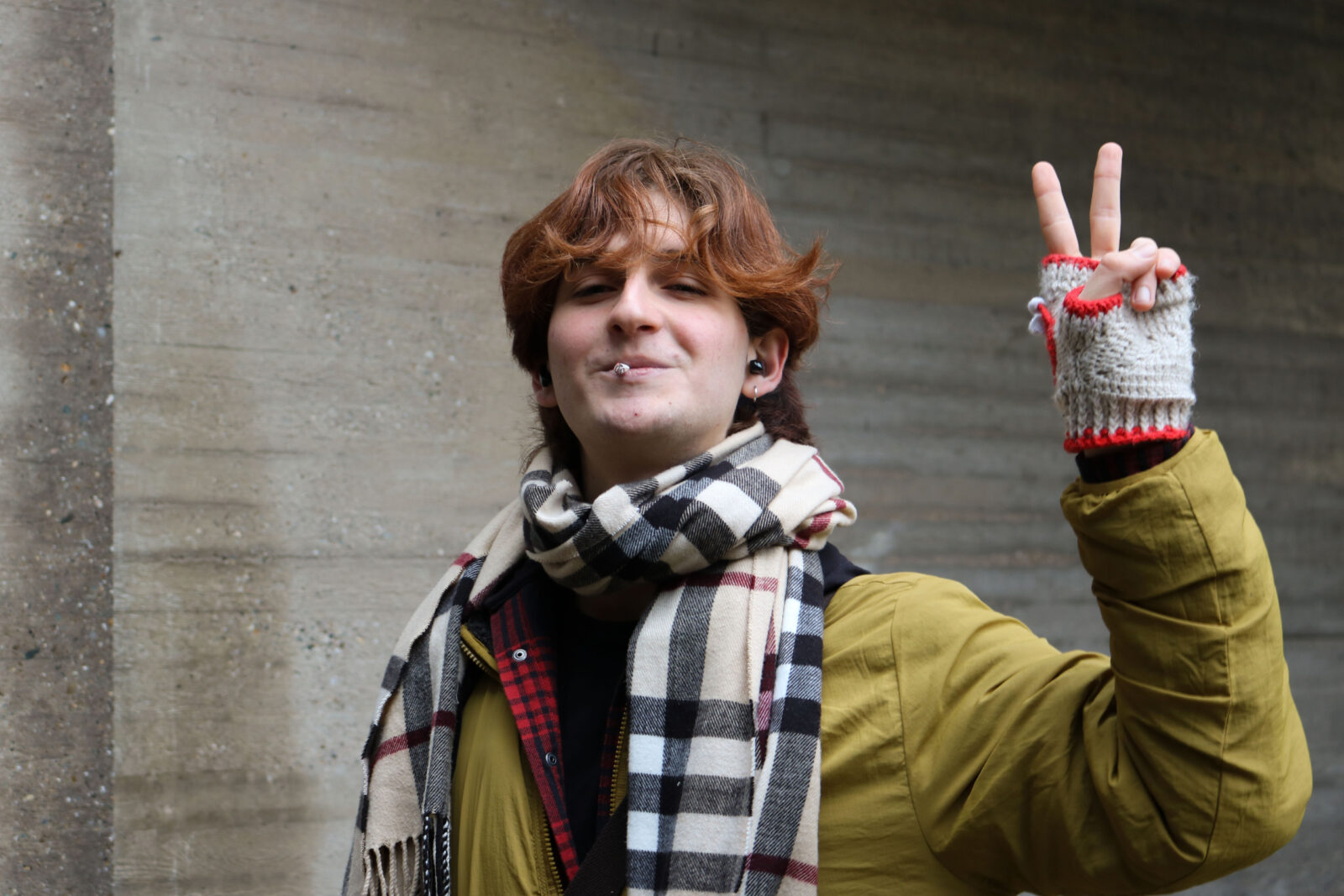

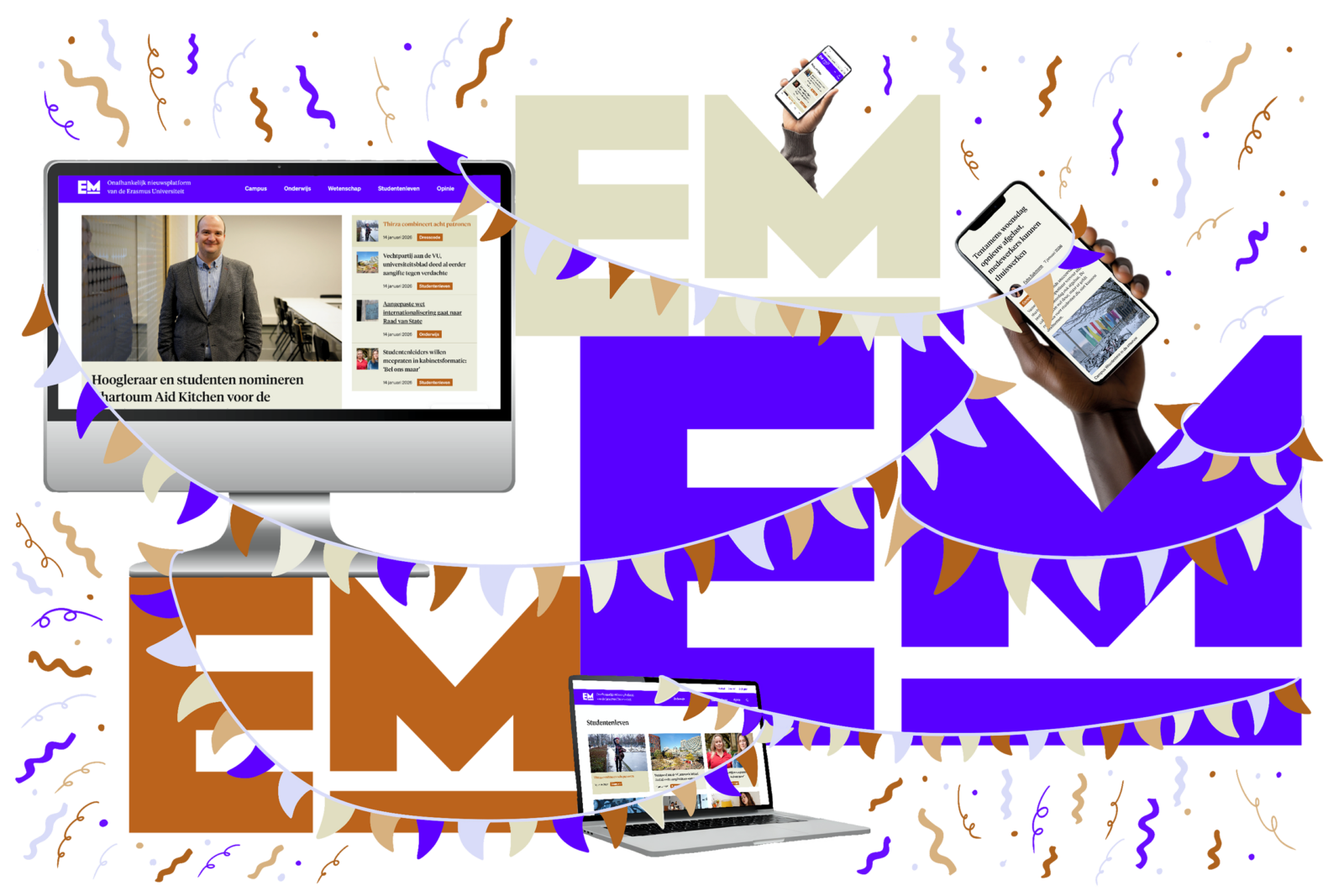

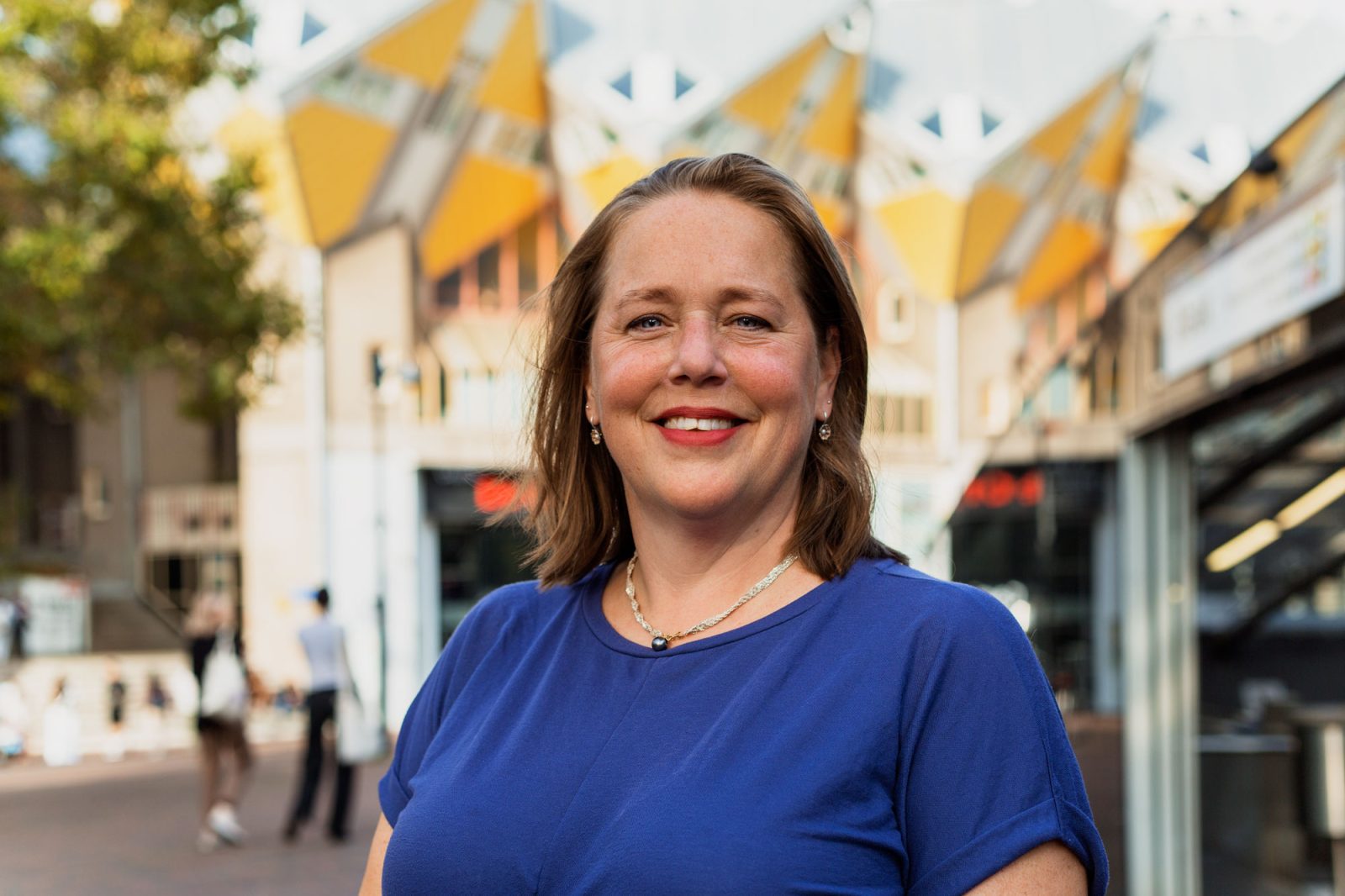

Andrew Jacobson op 6 October 2020 om 18:24
Why would Dutch folk want to spend their uni years surrounded by other Dutch folk? Isn’t the whole point of an international education to get to know people from all around the world?
Jeroen op 13 October 2020 om 09:34
The opposite question makes more sense; why would the vast majority of Dutch students that are not enrolled in a Dutch program (and not an international program) want to be surrounded by people from around the world, speaking a language that is not native to them?